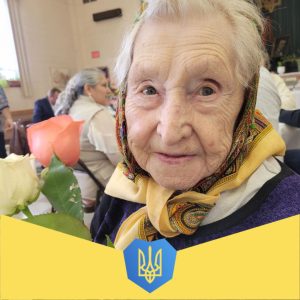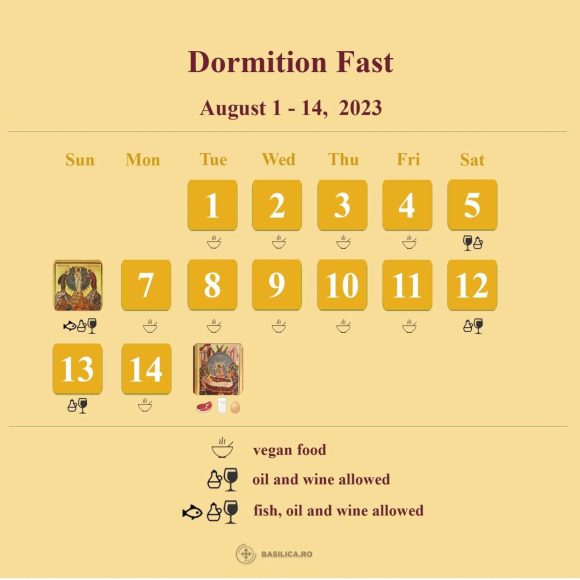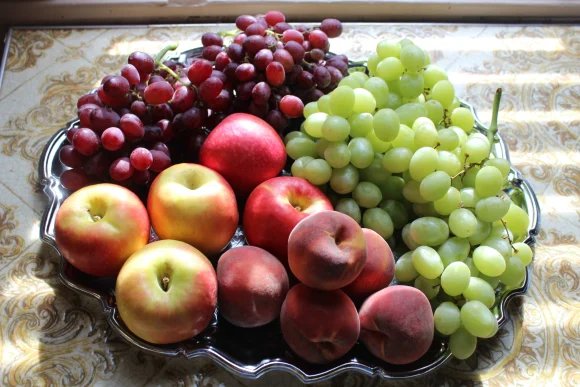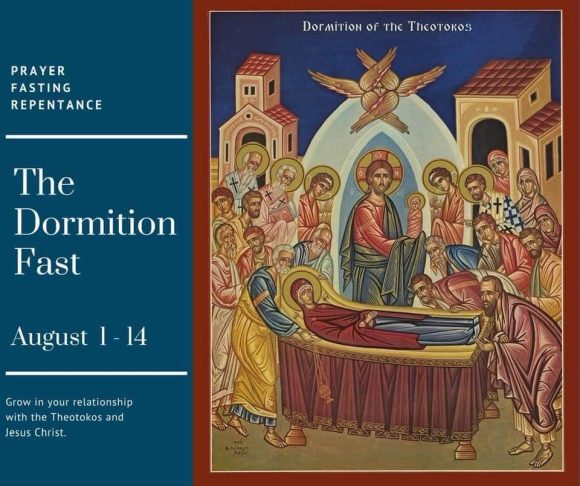Christ is among us!
This week vigil light is offered by Vasyl Ivantsiv in memory of Dmytro.
Catherine Berezowski fell asleep in the Lord last week. Please remember her in your prayers. ETERNAL MEMORY!
Dear parishioners and guests, after the Divine Liturgy, a social hour with coffee and hard rolls and assorted snacks are available in the church hall. Please feel free to join us.
If you would like to have a Confession, Holy Communion or prayer of the sick at your house or nursing home, please call the rectory at (203) 865-0388.
Ukrainian Independence Day will be observed with a flag raising ceremony on the New Haven Green on Thursday, August 24, at 12:00 Noon. Mayor Justin Elicker will be in attendance. Please wear your Ukrainian vyshyvanka and make plans to attend this short ceremony. It is important that we show our unity and advocacy and to express our gratitude for the assistance Ukraine has received. Tell your friends and family and invite your non Ukrainian friends to also attend.
On the evening of August 24th the pedestrian bridge by Bradley Point in West Haven will be lit up in blue and yellow. Come and enjoy this beautiful sight, but you must have a permit or pay for parking using a QR code if you park at the beach. Street parking nearby is available for a short period of time or you can just drive by on Ocean Avenue to see the bridge.
TODAY! 69th ANNUAL HOLY DORMITION PILGRIMAGE will be held on August 12-13 at the motherhouse of the Sisters Servants of Mary Immaculate in Sloatsburg. This year’s theme is “Mary, Mother of God, watch over us and our beloved Nations with your noble protection!” The Sisters invite all our parishioners to attend! For information call: 845-753-2840 or www.ssmi-us.org
On the occasion of 32nd Anniversary of Ukraine’s independence, a nonprofit organization Blue Sky Ukraine presents a charity concert in support of children and the elderly in Ukraine The event will take place on August 20 at 3:00 PM at a beautiful venue The Palace Theatre in Stamford, CT. The concert will feature masterpieces of Ukrainian choral, vocal, and instrumental music performed by renowned Ukrainian artist. The Ukrainian Chorus Dumka of New York conducted by Vasyl Hrechynsky, Pavlo Gintov- piano, Hanna Golodinski- soprano, Denis Saveliev- flute, Ukrainian American Bandura Group. The event is supported by the Consulate General of Ukraine in New York and the Stamford Town Clerk Office and Stamford Mayor Office. Representatives of diplomatic missions, international organizations, and state authorities of Connecticut will attend the charity event. In this important time for Ukraine, let`s come together and support Ukraine. Let’s show the world our unity and commitment to defending truth, freedom, and independence. Togheter towards Victory! Glory to Ukraine. To purchase tickets, scan the QR code on the flyer or buy at the church with a discount of $15 per ticket.
 We are sad to announce that Kateryna Berezowskyj met the Lord of Life on Saturday, August 5, 2023. She was 99 years old.
We are sad to announce that Kateryna Berezowskyj met the Lord of Life on Saturday, August 5, 2023. She was 99 years old.

